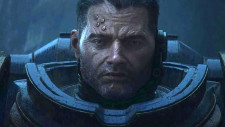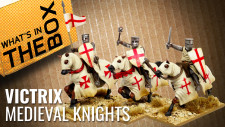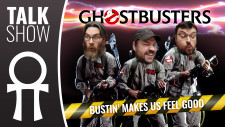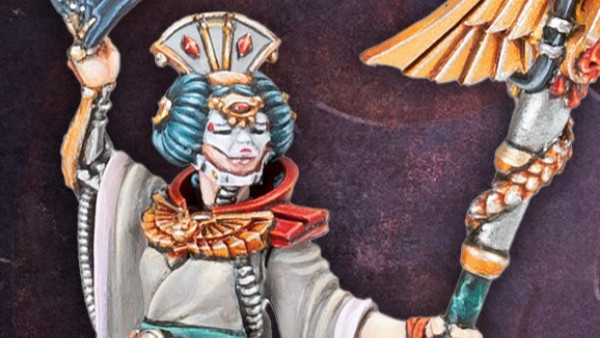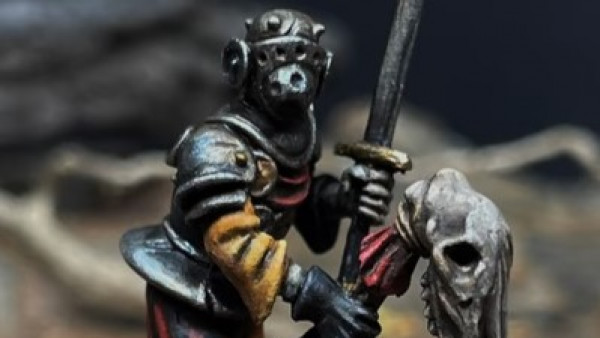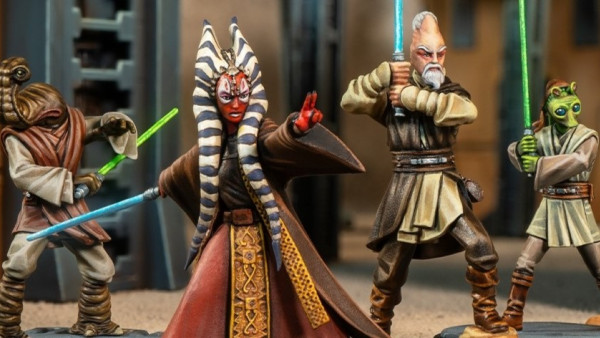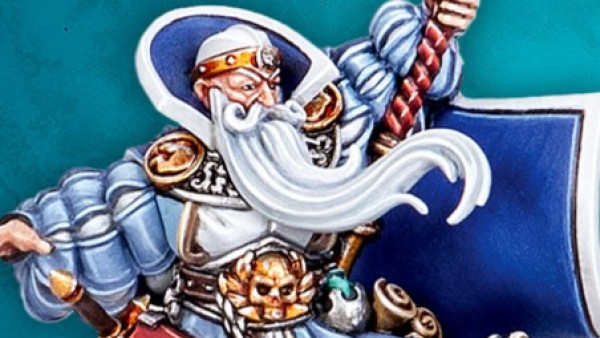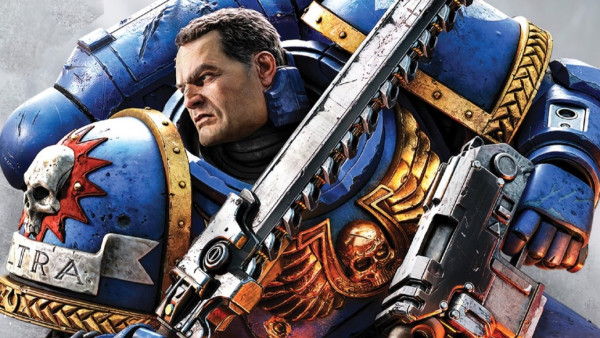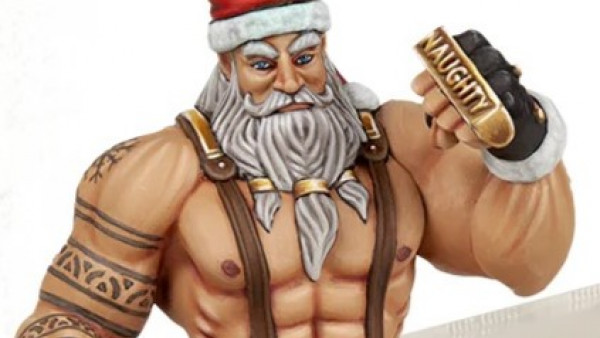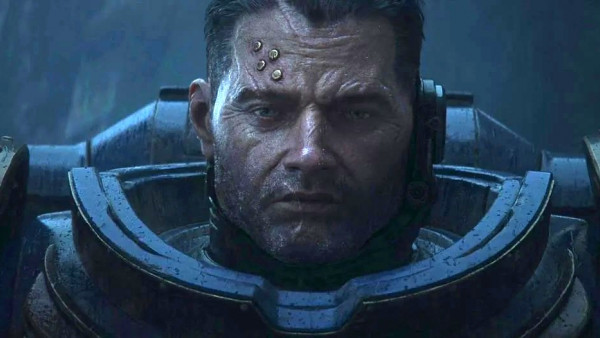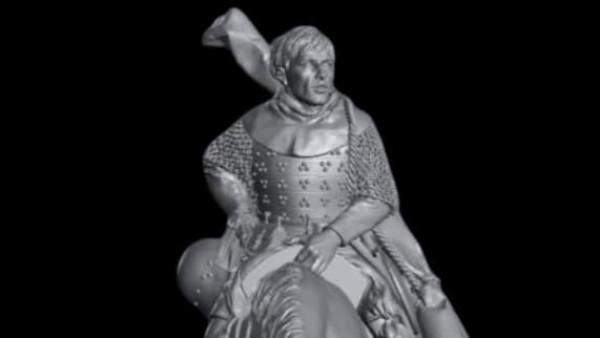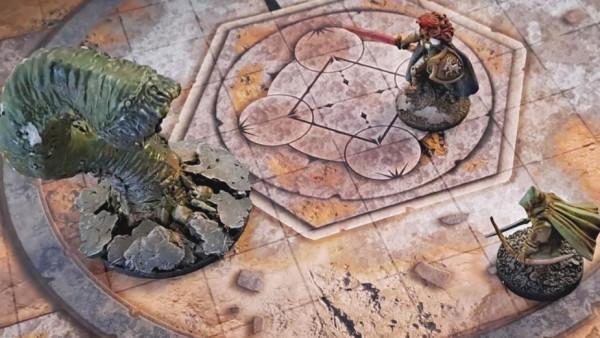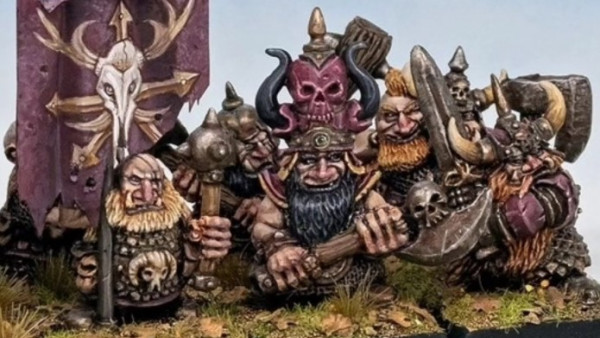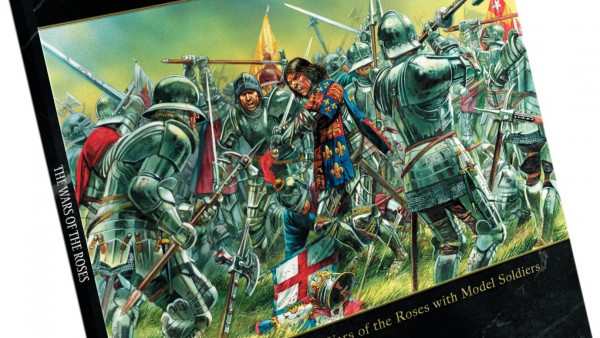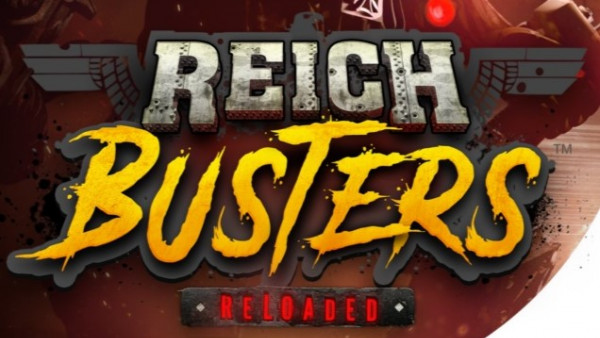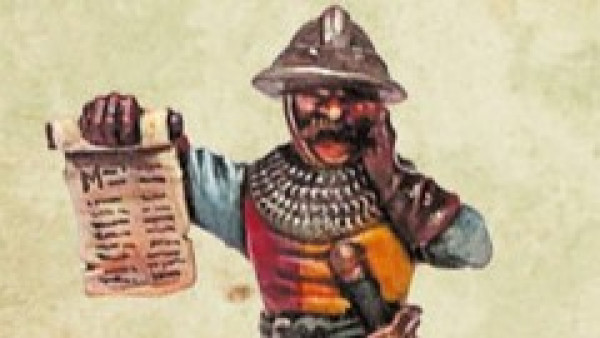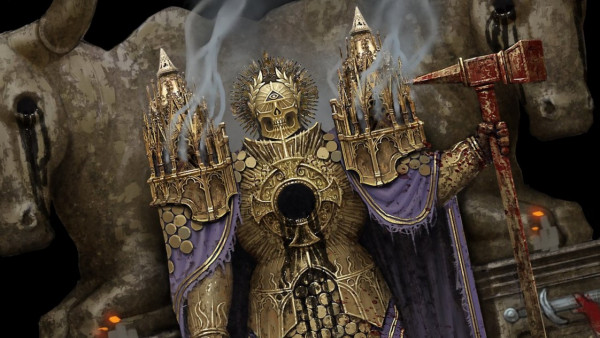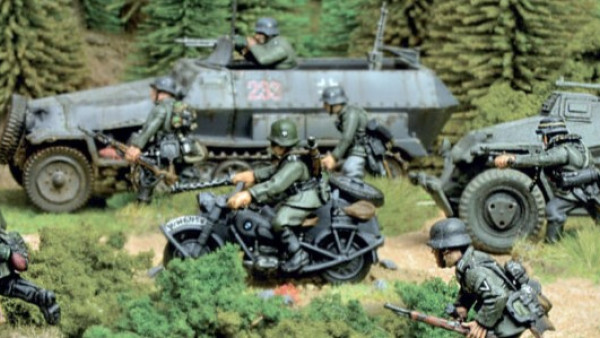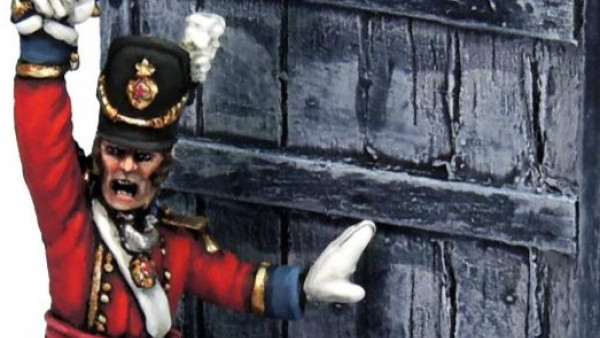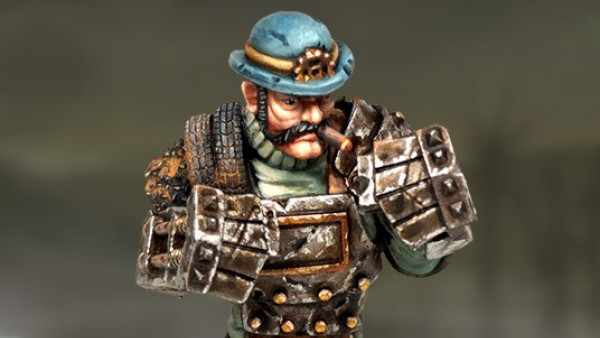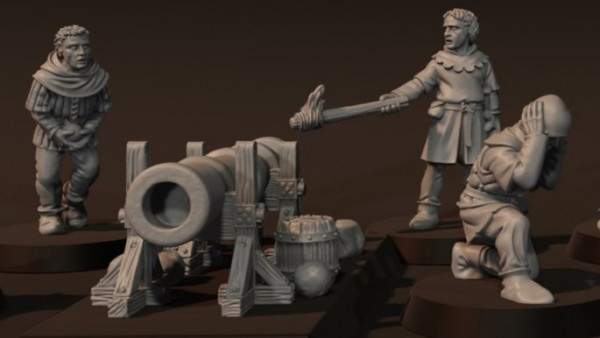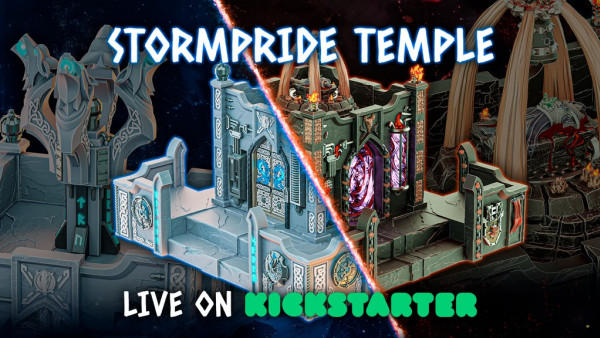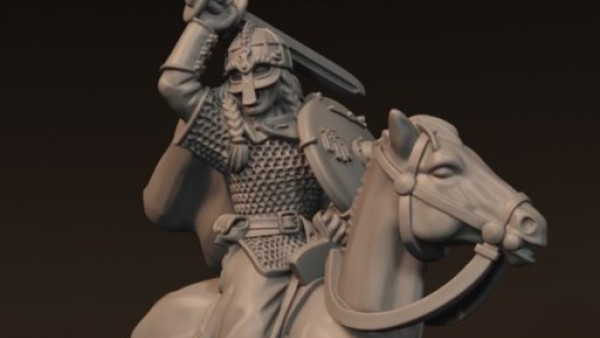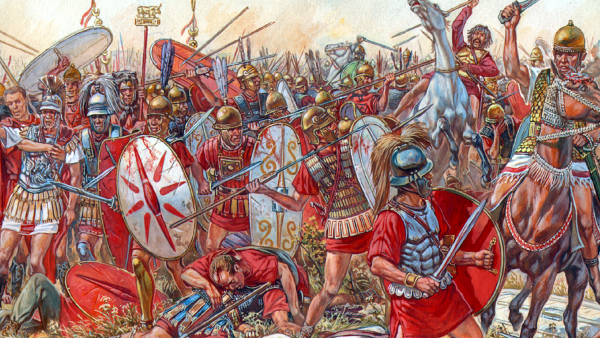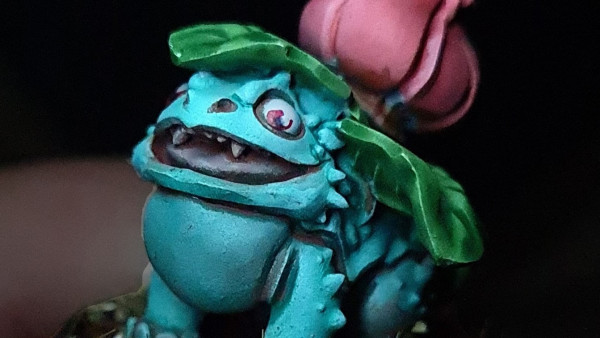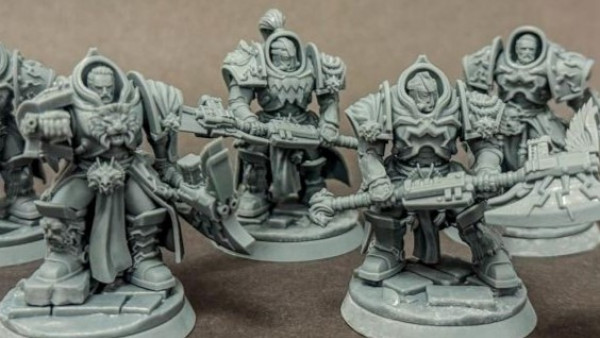Home › Forums › News, Rumours & General Discussion › Doom and gloom
This topic contains 6 replies, has 6 voices, and was last updated by ![]() bvandewalker 1 year, 9 months ago.
bvandewalker 1 year, 9 months ago.
-
AuthorPosts
-
February 21, 2023 at 12:47 pm #1803383
Are fantasy writers obsessed with ‘the end times’ ?
Why is it always ‘the last Dragon’, ‘the last Unicorn’, ‘Elves are leaving Middle Earth, never to return’, the Ents can’t find the Entwives and similar end-of-days or at least end of an era scenarios ?
Why can’t we have Dragons, Unicorns, Elves and such in their prime, there are lots of them, they are at peak power and there’s no end in sight ?
This applies to the entire genre, books, movies, games and so on.
Does it have something to do with misunderstood mythology, as in mistaking Ragnarök for ‘Armageddon’ – when in reality, it’s just New Year’s ?
February 21, 2023 at 1:14 pm #1803387Hunting the last of something is an easier plot point to write for. Easy target in the sense of writing.
February 21, 2023 at 5:10 pm #1803466Mans greatest fear is the unknown and certainly top of that is death. Well what happens when we die. To the point massive parts of our history and even social construct is based on what we think happends when we die. The End Time or the complete lost of human race is just that fear dialled up to 11 out of 10.
Without going to much into faith or myths that cover religion throughtout history most have some form of Armageddon as a key to element. Because if the fear of death and what happens after keeps people in line then the idea of a total loss of humanity keeps the general masses inline.
Man has always been obessed with it. They even have a word for the study of it Eschatology (Yes I know be careful how you type this into google).
Not sure I have heard Ragnarok as just being “New Years” The word translated means “twilight of the gods” It is the end of the gods which brings on the birth of the man. So it is Armageddon but just for the gods I guess.
I guess given this rich background and honestly even if you dont like religion boy the “end times” they come up with is a cracking hoot in most cases. Of course if you assume none of it is based on fact which if it was is pretty scary.
I say that but like Ragnarok, most are based on a sense of rebirth so amny not quite as a scary.
I guess it should not be a shock it is the focus of so much material in RPG, tabletop it is just a mirror of our own life and struggle through history to this point.
February 22, 2023 at 1:01 am #1803554Pagan deities are aspects of nature, Pagan thinking – and mythology – are cyclical, centered on the Wheel of the Year: the planting season (‘Spring’), the growing season (‘Summer’), the harvesting season (‘Fall’) and the fallow season (‘Winter’).
The ‘death’ of the Gods happens at the end of the harvest season – for the Celts that is Samhain (‘Halloween’), which was also their New Year, the Germans/Norse had their New Year at the Winter Solstice, when the Gods battle the Giants (= forces of winter, darkness and death), most everyone ‘dies’ – nature does appear to ‘die’ in the winter, at least in northern climes – to be reborn when the Sun Wheel turns again towards life, light and Spring. The Celtic version of Ragnarök would be the battle of Maige Tuairead between the ‘short & dark’ Fir Bolg and ‘tall & light’ Tuatha Dé Dannan, in which also pretty much everyone ‘dies’. The Arthurian cycle – being a retelling of Celtic myth in a form acceptable to medieval clergy – has the ‘duel’ between Sir Gawain and the Green Knight, which modern Wiccans have transformed into the duel between Holy King and Oak King, twice a year, at the Summer and Winter Solstices.
Linear thinking – the ‘final’ battle at the ‘end of time’ is an imported Abrahamic concept, foreign to European Pagan thinking.
February 22, 2023 at 2:23 am #1803556Fantasy Flight used to do a D&D campaign setting called Dawnforge that is set during that worlds golden age. Very much the opposite of the usual grim dark settings of most other worlds.
https://www.fantasyflightgames.com/en/products/dawnforge/
February 22, 2023 at 1:28 pm #1803672I think it’s just easier to create adventures where the world or things within the world are there to be saved/discovered/rediscovered than it is to create a fantasy story in a world where everything is known and nothing is under threat – not that it’s impossible to do that, just more difficult. The last of something or a threat to the end of the world makes epic stories much easier because the stakes are easily defined and are inherently high. Epic stories require less effort to write and get the audience bought into the heroes’ adventure than stories that only affect a small group of people.
If you wrote a setting that had dragons and unicorns up the wazoo, a world so choc full of magical beings that you couldn’t move without stepping on one, you would still need to come up with some kind of threat, some reason for the adventurers to act in the first place. Also, flooding the world with too many magical beings ultimately means that you are limited in what else you can introduce and still maintain a believable world.
February 28, 2023 at 1:38 pm #1804588That is not totally true, I mean in Skyrim dragons come back in full force as a general nuisance and they still have a civilization of sorts in that and honestly doubt it was hard to write. Yeah a lot video games and Manga setting actually do have worlds where races like the Beastmen or Elves are at the height of their power (generally as rank bastards that view other races as livestock and devalue sapient life) and have fantasy critters out the wazoo which are often treated as just regular animals in the setting.
The final “this or that” idea being popular probably has to do to with the absurd British philosophical concept that “Magic died out like the dodo for X reason” that was popular in the late 19th century among scholars, occultist, Atheists, fairy story collectors as opposed to ideas about Ragnarok (misunderstood calendar cycle or no). Tolkien was likely deeply influenced by this way of thinking as there was a lot of that 19th century media was readily available to him, and if you influenced Tolkien you influenced modern fantasy.
“The death of magic” often comes up in fantasy works by skeptics and the others as the brain dead “we can slay God(s) by not believing in them” except with “magic” replacing “God”. The fact is that if creator God(s) exist they would likely continue exist weather you believed in them or not and in the case polytheism creation would quite possibly egg your house or mock you publicly in ways only gods could do if you did stop believing in them, the same would also be true if magic (fireballs and fairies magic that is) where real.
Some however, like Tolkien, posit things like immigration due to boredom (elves leaving middle earth by boat while sad for Middle Earth is not really the the end of elves) and simple extinction due relatively realistic reasons (Ents can’t find Entwives? the citizens of China are in the same boat).
-
AuthorPosts
You must be logged in to reply to this topic.
































